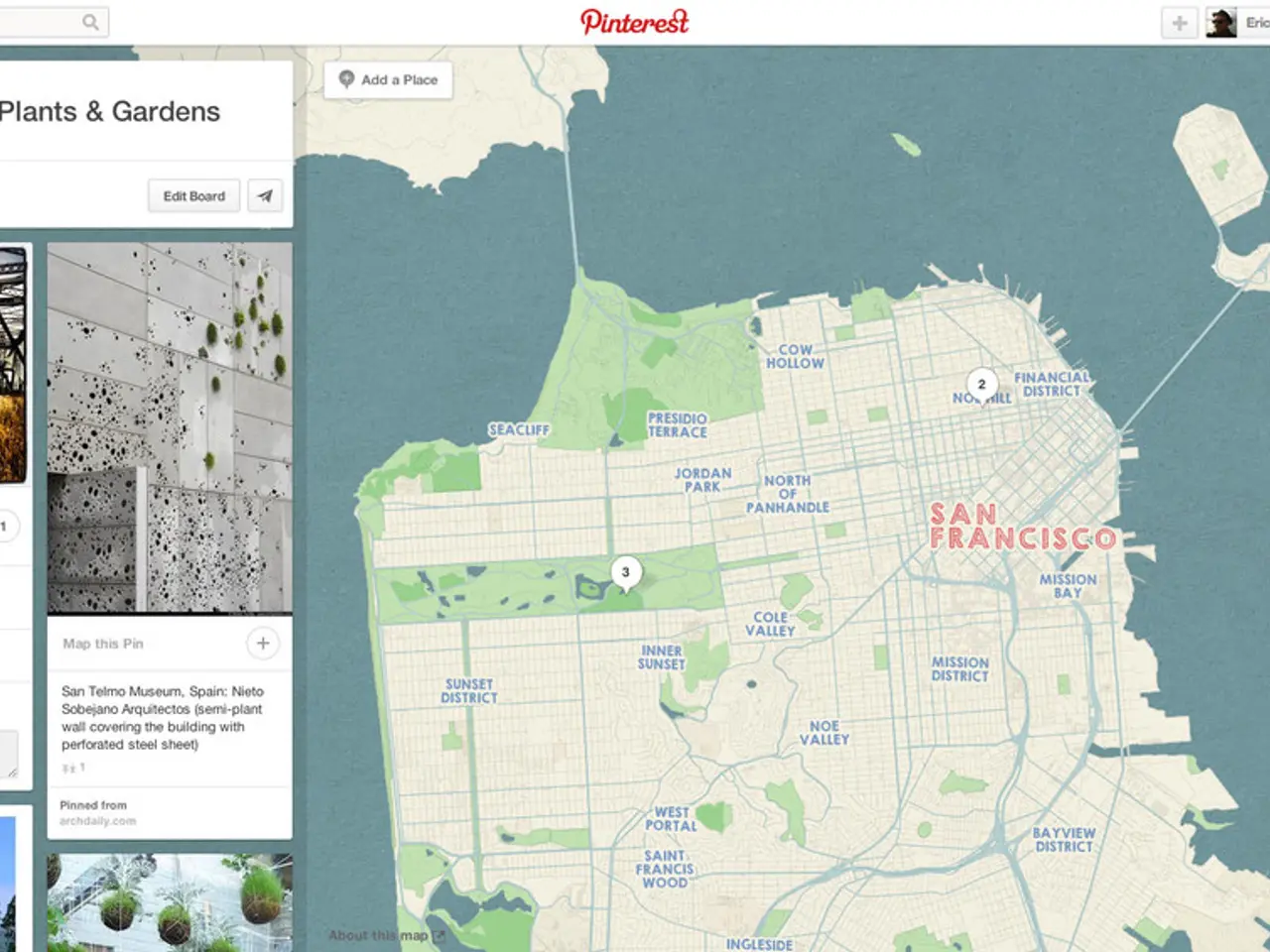Google seeks to promote map exports once more, as South Korea deliberates potential security concerns
Google's Request to Export Map Data Remains Under Review in South Korea
Google has requested permission from South Korean authorities to export mid-resolution map data for use on servers outside South Korea, aiming to enable full navigation features on Google Maps in the country. As of early August 2025, South Korea has postponed a final decision on this request for 60 days, citing national security concerns linked to potential exposure of sensitive sites, including military facilities.
Key details and current status include:
- Decision Postponed: The South Korean Ministry of Land, Infrastructure and Transport delayed the decision on August 8, 2025, to allow Google time to propose specific measures that would address security concerns, particularly those related to the risk of revealing locations of military or other sensitive infrastructure.
- Historical Context: Google’s requests to export map data have been rejected twice before, in 2007 and 2016, for similar security reasons. South Korea’s legal framework under the 2014 Act on the Establishment and Management of Spatial Data strictly controls export of detailed mapping data.
- Security Concerns: South Korea's delicate security environment, still technically in conflict with North Korea since the Korean War ended without a peace treaty, prioritizes protecting geospatial data that could compromise national defense.
- Google’s Position: Google argues that to provide effective real-time navigation—including directions and routing—processing map data on its global servers is essential. It has committed to discussions with the South Korean government and is exploring options such as purchasing blurred satellite images from local providers approved by the government to mitigate security risks.
- International Trade Pressure: The United States has labeled South Korea’s restrictions on map data exports as a non-tariff trade barrier and is pressing for resolution amid broader US-Korea trade talks scheduled for late August 2025. The map data export issue may or may not be addressed explicitly at an upcoming leaders’ summit.
- Current Outlook: Until Google proposes adequate security safeguards and pending government review, the decision regarding the export of mid-resolution or detailed map data remains on hold, reflecting the balance South Korea seeks between national security and digital globalization/economic openness.
Domestic mapping services like Naver Map and Kakao Map have blurred out most of Cheong Wa Dae's features, while Tmap has removed Sarangchae from its maps entirely. Google does not rely on government-provided images but sources them from third-party commercial providers through open markets. In both 2011 and 2016, the Korean government denied similar petitions from Google. Google's approach to masking sensitive sites is to blur them directly on the original satellite imagery.
More than 10 million international visitors travel to South Korea each year, but Google's turn-by-turn navigation feature is not available there. Google Korea Country Director Kim Kyoung-hoon declined to comment about the ongoing map export controversy at the APEC Global Digital and AI Forum. The ongoing controversy regarding Google's request to export the national base map continues, with no clear resolution in sight. Google has not yet revealed specific details about the measures they will implement to obscure sensitive facilities in the original satellite imagery.
- Google's request to export mid-resolution map data is a contentious issue, as it concerns the balance between national security and digital globalization/economic openness.
- The technology industry plays a significant role in this dispute, as Google argues that processing map data on its global servers is essential for effective real-time navigation, while South Korea's legal framework seeks to control the export of detailed mapping data to protect potential exposure of sensitive sites.




